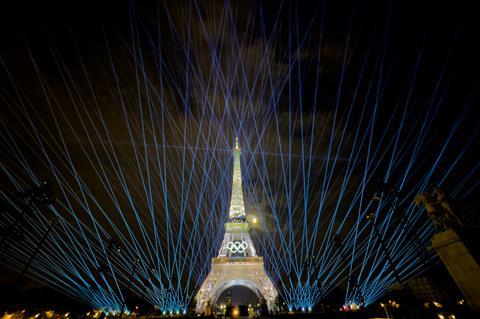The northern hemisphere summer of 2024 is full of sports. Not just the usual suspects such as Wimbledon, the Tour de France and The Open, but also a range of events every four years – the Olympics and Paralympic Games, the Men’s Euros and the World Cup of Men’s Cricket.
I am writing this piece in a state of sports-lag. Some serious changes to my southern hemisphere sleep schedule have allowed me to enjoy hours of heart-pounding sleep. While I’m sleep-deprived of my passions of soccer and tennis, I’m already in peak viewership for the Paris Olympics. The highs and lows of this summer of sports (read: Australia’s blanket winter) got me thinking about what those of us who want to share science with the public more effectively can learn from the world of sports. How can we grow the sense of community, joy and shared care that comes from play?
World Cup of Science?
Scientists need to think more carefully about how we can arouse greater interest in our work among the general public. Can we organize an international science communication event every four years that is broadcast worldwide? What would it look like and how would we encourage people to listen? Here are some of my morning thoughts.
Science is a process
When we watch sports we see near misses, superhuman efforts and the joy or despair felt by the athletes participating. As scientists we don’t know how to talk about the scientific process with society – or with each other. We share news of grant success and paper publication, but we need to be much better at communicating what happens between these important events. The ups and downs of life in the lab or out in the field are stories worth telling.
There is something for everyone
Many sports fans follow their team year-round and stay up-to-date with statistics, fixtures and punditry. But there is also plenty of room for those of us whose interest is rarely expressed – perhaps at major international events like the Paralympics. I know nothing about gymnastics, for example, but every four years I am completely addicted. I learn by watching and listening to commentators but my enjoyment is not diminished by ignorance. This should be the same with science – we need people to feel welcome to join in by making sure that science is accessible to different levels of knowledge or interest. Similarly, just as there are many different types of games and codes, there are many different types of science and different stories or discoveries that will appeal to different people and at different times. different; we need to clarify this.
Participation should be a choice
I haven’t played football for a long time sadly, but one of the reasons why I enjoy watching this beautiful game is because of the fond memories of playing with friends in the school yard and on weekends. a week. Indeed, most of my favorite sports to watch are the ones I played when I was at school or university. If every young person had the opportunity to participate in citizen science at school and continue this relationship throughout their lives, perhaps this would increase public interest. This is something we chemists need to ponder as there are few citizen science projects targeting our discipline.
Science is a human endeavor
All sporting events involve intense competition to identify a winning individual, team or nation, but it is not just about who is crowned champion. Our success is based on the grit and determination of all participants. We also feel more connected to the athletes when we know about their lives and what got them into their sports. As scientists or science communicators we must share more about this human connection: why we are interested in science, the professional and personal obstacles we have been able to overcome in our work and why others they should take a scientific life.
Collaboration makes the dream come true
Sure, there’s a lot of fanfare and a lot of individual sports, but there’s also a strong emphasis on the importance of teamwork that’s often missing from our discussion of success. science. We see the coach, trainer and substitutes on the screen and we also know their stories. We also see the people who make sports events possible – forget people, athletes and doctors, to name a few. Also, the qualities of these people are often missing from the stories we share about science.
I don’t know that science needs more rewards (unless it’s party groups instead of individuals), but it would be nice to share its joy and wonder widely.
#science #communication #learn #summer #sports

